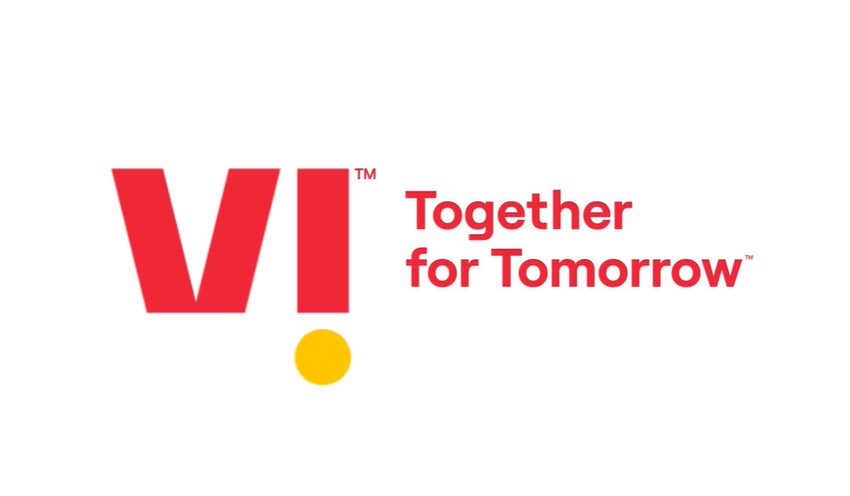Rumours of Vodafone Idea giveaway persist as Birla steps down
Indian billionaire Kumar Mangalam Birla has stepped down as non-executive chairman of Vodafone Idea sending the troubled telco's shares into freefall as rumours that its main shareholders are prepared to give away their stakes for free continue to swirl.
August 5, 2021

Indian billionaire Kumar Mangalam Birla has stepped down as non-executive chairman of Vodafone Idea sending the troubled telco’s shares into freefall as rumours that its main shareholders are prepared to give away their stakes for free continue to swirl.
There is doubtless plenty of mileage left in this Indian telco saga, but the latest instalment further indicates how precarious the company’s position actually is.
On Wednesday the company confirmed to the Indian stock exchange that its board has accepted the resignation of Birla as both non-executive director and non-executive chairman. The telco’s share price took an immediate hit, dropping by over 40% over two days to a low of 4.62 rupees (US$0.06) before rebounding slightly. Birla is chairman of Indian conglomerate the Aditya Birla Group, which holds around 27% of Vodafone Idea, while Vodafone owns a 45% stake.
The operator announced that Himanshu Kapania, already a director, will take over the chairman role, talking up his 25 years of experience in the telecoms industry. Indeed, Kapania – currently vice chairman of Aditya Birla Fashion and Retail, amongst other things – joined the company that later became Idea Cellular in 1997 and in his time there served as chief operating officer and, most recently, managing director, a position he held from 2011 until the merger of Vodafone and Idea – now known as Vi – in 2018. He also spent two years on the board of the GSMA and two as chairman of the Cellular Operators Association of India (COAI), and is currently chairman of the FICCI Council on Telecom, Electronics and Digital Economy.
But even with that level of experience, overseeing Vodafone Idea over the coming months and years – should it last that long – will be a significant challenge.
Vodafone Idea has money worries, and that’s putting it mildly. As well as hefty debt repayment obligations, the telco owes the government somewhere in the region of US$20 billion in spectrum payments and adjusted gross revenue (AGR) dues. Meanwhile, revenues are falling and the firm is far from profitable.
On Thursday the stock exchange asked Vodafone Idea for clarification on a story that appeared in the Business Standard claiming that Vodafone plans to offer its stake in the telco to lenders or state-run operator BSNL for free, provided they take control of it. Should BSNL take over Vodafone Idea, its outstanding debts to the government are effectively resolved, the paper pointed out.
Vodafone Idea has yet to respond.
The story comes on the back of a similar offer made by Kumar Mangalam Birla back in June, who said he was prepared to hand over his stake in the telco to the government in order to keep it afloat, the Economic Times notes.
In the Indian telecoms market things do not usually happen quickly, but it is becoming clear that in this case something has to change fairly soon.
From one point of view, Vodafone Idea isn’t going anywhere. Aside from the fact that it has 278 million customers – it lost north of 4 million in May alone, according to the latest data from Telecom Regulatory Authority of India (TRAI) – the government is keen to retain a level of market competition, and for that it needs at least three strong players. You could argue that a country with well over a billion people could support more, even with ARPUs as low as they are, but that’s a story for another day. While the company will probably survive in one form or another, it’s starting to look increasingly like Vodafone and Aditya Birla are nearing the end of the road in the Indian telecoms space.
About the Author(s)
You May Also Like








.png?width=300&auto=webp&quality=80&disable=upscale)


_1.jpg?width=300&auto=webp&quality=80&disable=upscale)


.png?width=800&auto=webp&quality=80&disable=upscale)